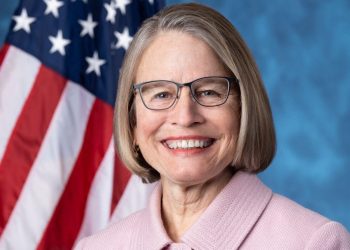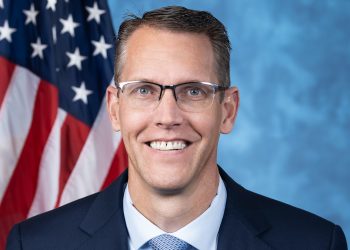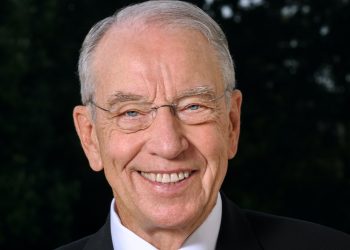Expanding government is the name of the game for the Biden administration.
The latest ruling on the Waters of the United States (WOTUS) drags us back to an Obama-era rule with accompanying restrictions on what Americans can and can’t do on their property. The move allows the government to claim blanket jurisdiction over waters and wetlands with vague, expanded regulations while holding the strings to permitting land and building projects.
Some Iowans feel the rule isn’t really about water quality, but about the overreaching grip of the federal government tightening on our livelihood.
The Small Business Administration (SBA) has determined over 46,000 Iowa small businesses will be impacted by Biden’s WOTUS rule, including simple projects like planning to build a home or breaking ground on a new barn. Iowa industries would bear the brunt of the burden. The overreaching rule would disrupt 98 percent of Iowa jobs tied to agriculture; 99 percent of Iowa careers in construction; and, 88 percent of Iowa jobs in manufacturing. Folks, the harsh reality is, Biden has put our way of life on the line to fulfill a radical and untenable climate agenda.
In 2015, I fought back against Obama’s egregious rule, leading an effort to nullify the expanded and overreaching regulations on Iowa farmers and businesses. I successfully passed my measure through the Senate and House, but with one strike of a pen, President Obama vetoed it.
Under the Trump administration, I worked to ensure a clear definition of what is considered a Water of the United States, with the Navigable Waters Protection Rule (NWPR). On day one, with another stroke of a pen, Biden rolled back the Trump administration’s commonsense NWPR, turning back the clock and creating confusion.
Iowans have had enough of the regulatory whiplash. That’s why I’m fighting to scrap Biden’s new rule, and then put in place a permanent, clear, and commonsense WOTUS definition, similar to the Trump administration, that would bring much-needed certainty to Iowa’s farmers, ranchers, landowners, small businesses, and builders.
















